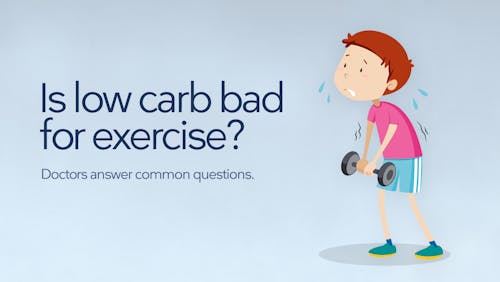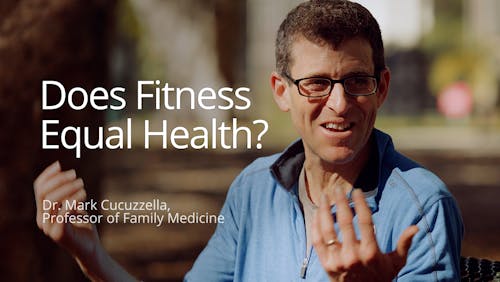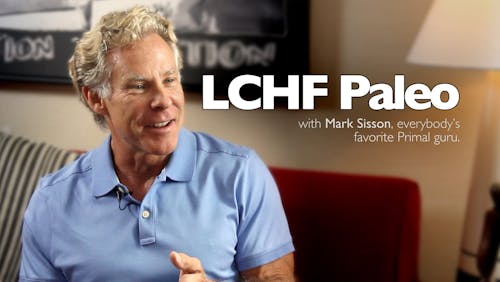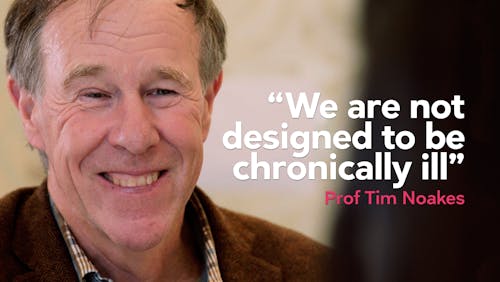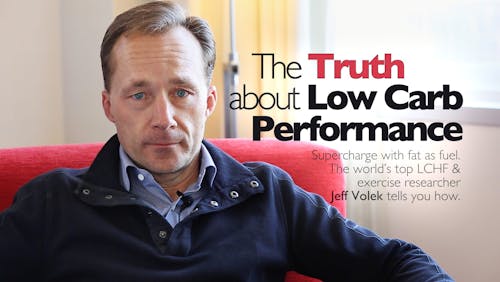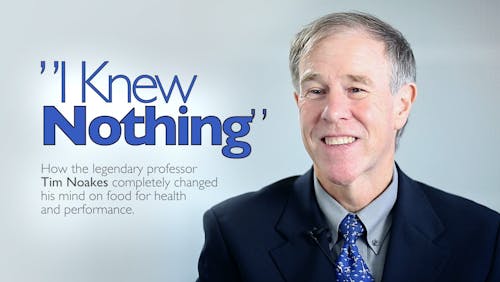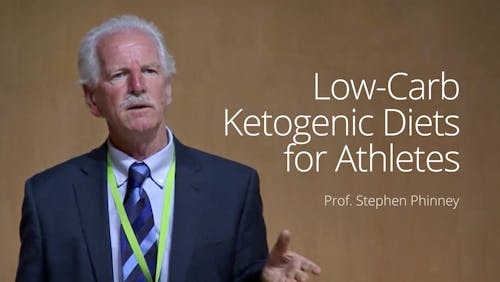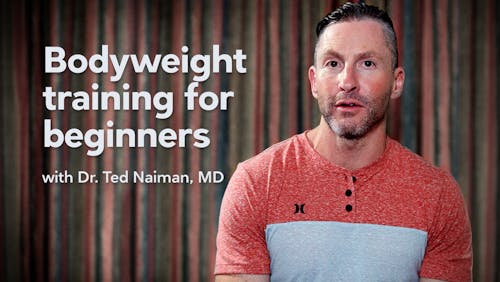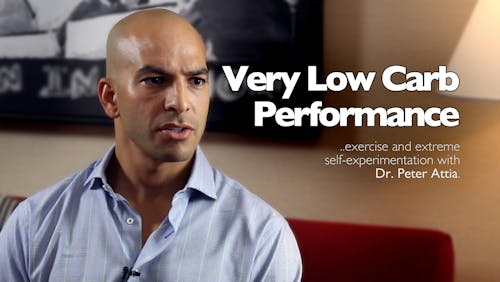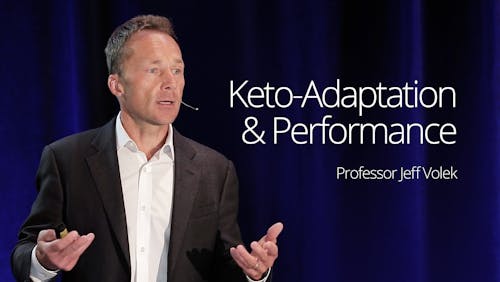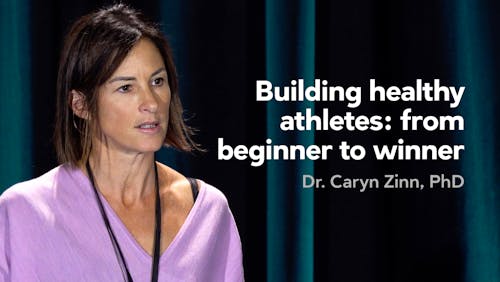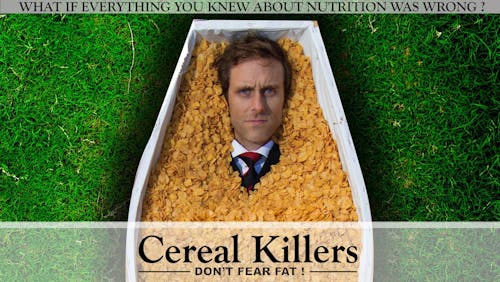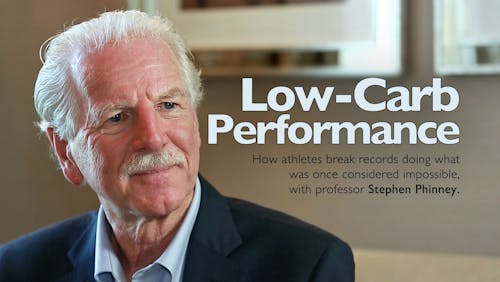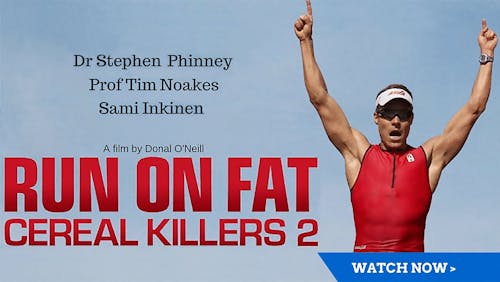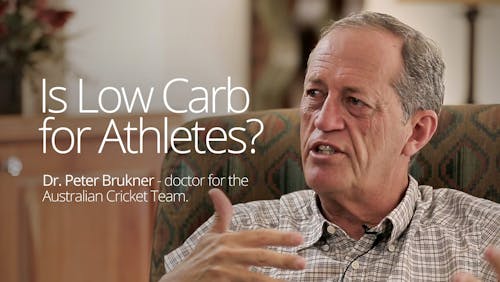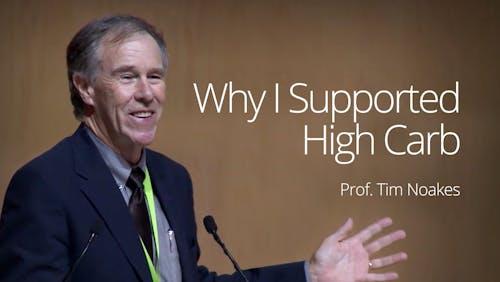The miracle cure

The journal BMJ recently published an editorial entitled “The Miracle Cure.”
That’s a big statement for anything to live up to. Sometimes the medical establishment uses that phrase to refer to a new drug. Maybe the cure for tuberculosis or the vaccine for polio were miracle cures. Since then however, the shoe just doesn’t fit.
What about nutrition? While I am a big fan of low-carb nutrition, does it meet the criteria for miracle cure?
I guess that question presumes that there actually are criteria for a miracle cure, which there are not. But when it comes to weight loss, treating diabetes, and metabolic syndrome, low-carb nutrition may come pretty close to a miracle cure.
Instead, the editorial used the term to describe physical activity.
I have to say, I think I agree. At least partially.
Study after study shows that those who are more physically active live longer and live better. While observational data doesn’t prove causation, since the only side effects tend to be beneficial ones, why not promote physical activity?
But then we run into a problem. As the old saying goes, if a little of something is good than more must be better, right?
That’s not necessarily true with exercise.
The early day ironman triathletes are now in their 50s and 60s and are showing up in cardiology offices with atrial fibrillation (a potentially dangerous heart arrhythmia).
Studies show athletes who trained for years in intensive endurance exercises have much higher calcium scores than matched controls. Interestingly, they don’t necessarily have the increased risk of heart attacks and death, but the data is still early.
These are extreme examples. I would much rather talk to a patient about their perhaps too intense exercise regimen than plead with a patient to just get off the couch and go for a walk. I see the possibility of too much exercise as a good problem to have.
So, while nothing is perfect, regular physical activity may be the closest thing to it. That doesn’t mean we should train for a triathlon or a marathon. It means we should prioritize walking for at least 30 minutes on five days each week. It means we should add in regular resistance training with body weight exercises or bands, or if you are up for it, heavier weightlifting. (This is not for everyone, as it requires a reasonable level of baseline fitness status). It means if you stay active, you will likely be healthier.
Nutrition is important. No question about it. That’s our main message here at Diet Doctor.
But don’t forget to stay active to help yourself stay healthy.
Thanks for reading,
Bret Scher MD FACC

